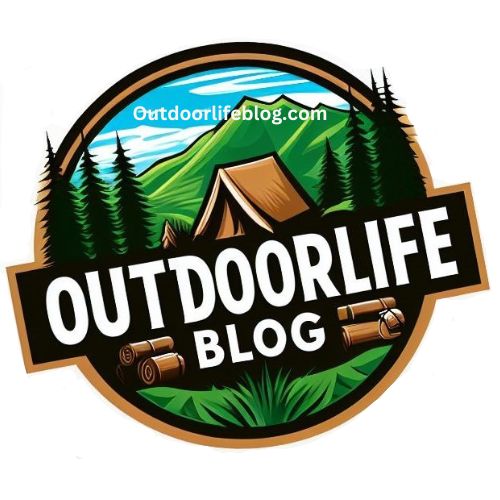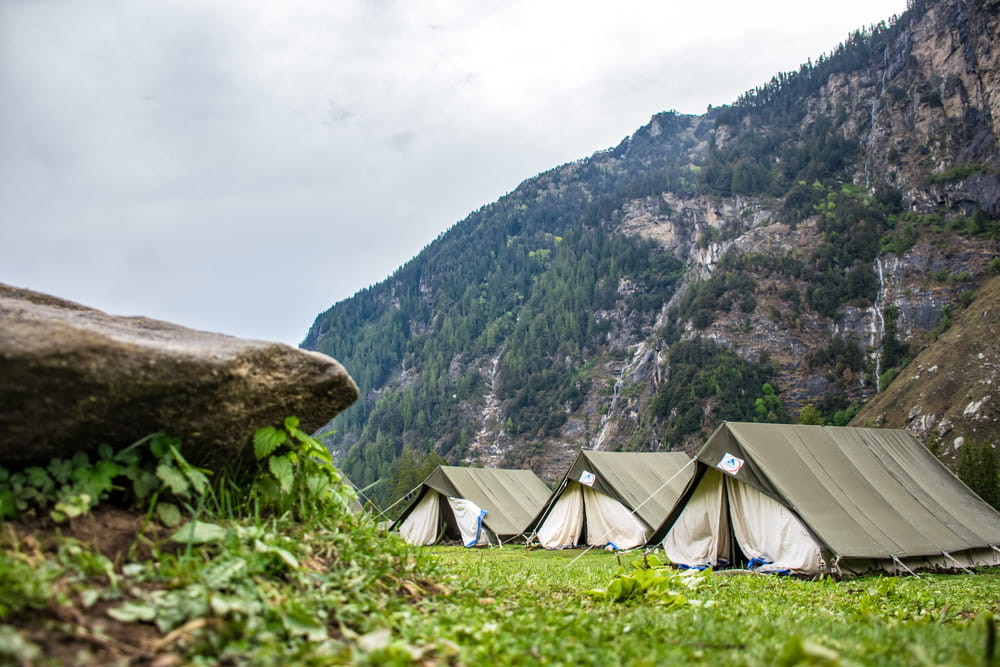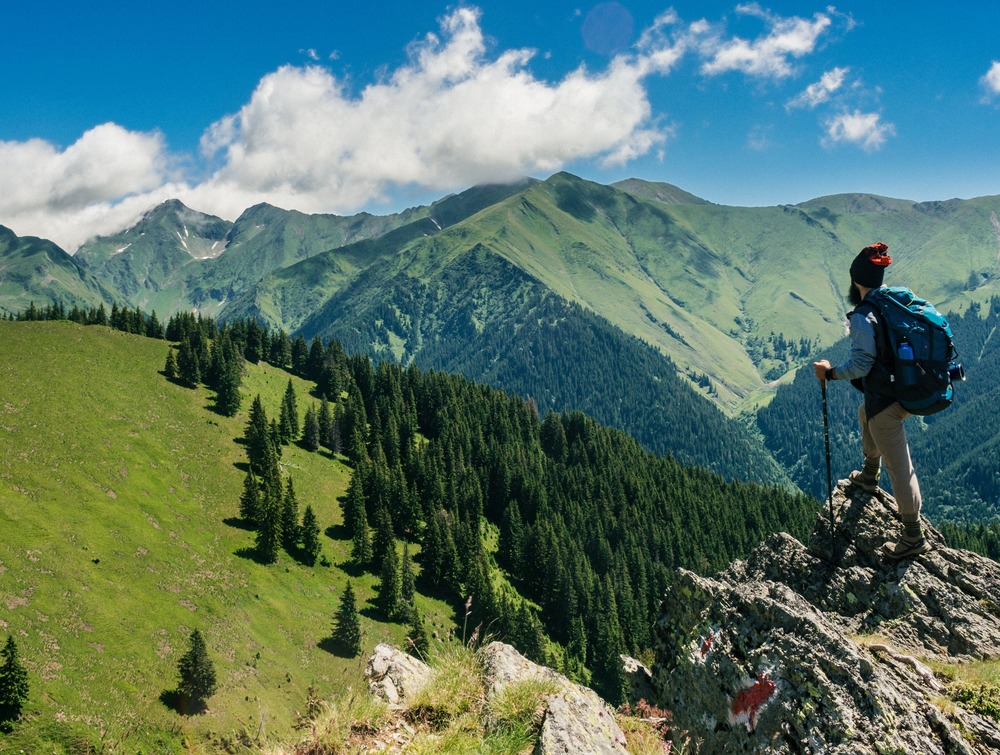When embarking on a camping adventure, one of the critical decisions you’ll need to make is selecting the perfect tent size. Your choice of tent can significantly impact your camping experience, from comfort to functionality.
In this comprehensive guide, we’ll delve into the nitty-gritty of choosing the right tent size for your camping trip, ensuring you make an informed decision that enhances your outdoor experience. So, let`s take a look at, “picking out the right size tent for your camping trip”. Let`s get started.
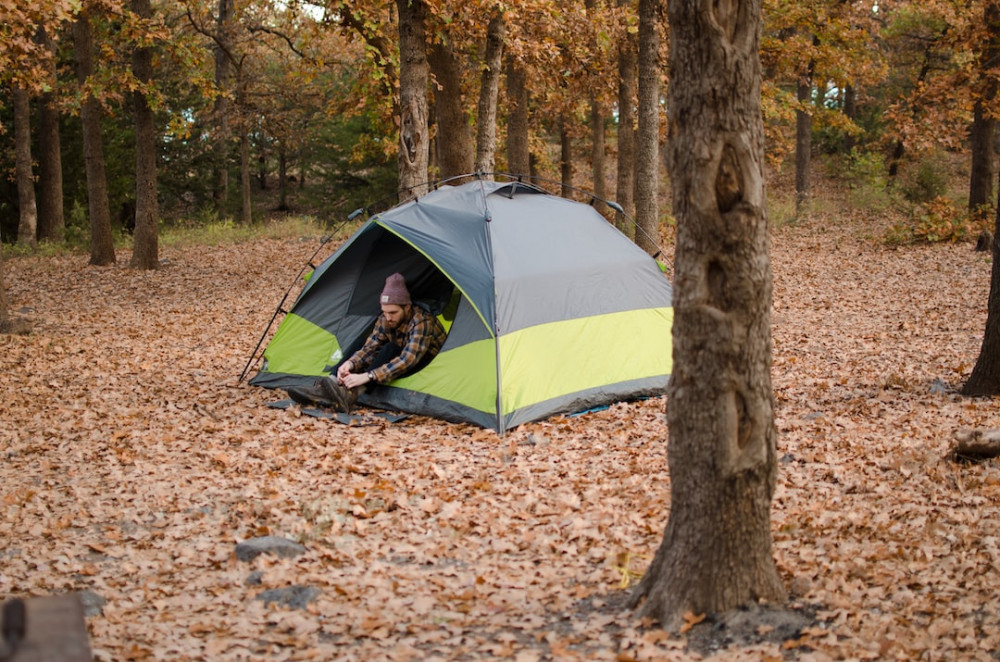
Think About Your Camping Needs
Before we delve into the specifics of tent sizes, it’s essential to evaluate your camping needs. Different trips call for different tents, and understanding your requirements is the first step in making the right choice.
Solo Adventures
Choosing the correct tent size as a solo camper is important to ensure you have an enjoyable camping trip.
Here are some considerations to help you select the appropriate tent size:
One-Person Tent
The most obvious choice for solo camping is a one-person tent. These tents are designed specifically for solo adventurers and offer a snug fit that minimizes weight and bulk. They are easy to set up and pack down, making them ideal for solo travellers.
Interior Space
Consider the interior space of the tent. You’ll want enough room to comfortably sleep and store your gear. A one-person tent typically provides enough space for you and your essentials. If you want a bit more room to spread out or store extra gear, you can opt for a two-person tent as they often provide more space. I opted for a two-man tent as a solo camper because I like that extra room. Are you taking along your furry friend? If so think about that extra room you will need to accommodate them and your gear.
Weight
Weight is a critical factor for solo campers. You want a tent that’s lightweight and easy to carry, especially if you’ll be backpacking. One-person tents are generally lighter than larger models, making them a better choice for solo adventurers.
Season and Weather
Think about the seasons and weather conditions you’ll be camping in. If you plan to camp in cold or snowy conditions, you may want a tent with a bit more space to accommodate extra gear and provide better insulation. For warmer weather camping, a one-person tent should suffice.
Vestibule
A tent with a vestibule can be handy for solo campers. It provides a space to store wet or dirty gear outside the main sleeping area, keeping the inside of the tent cleaner and more organized. Although you don`t necessarily need a tent with a vestibule, an extra tarp will do as you can create many different structures from a tarp in which you can store your gear.
Setup
Make sure the tent you choose is easy to set up on your own. Freestanding tents like pop-ups are generally simpler to pitch, take out the bag, let go and viola, just peg out. Practice setting up your tent before your trip to ensure you’re comfortable with the process.
Durability
Consider the durability of the tent, especially if you plan on using it for multiple trips. Look for high-quality materials and construction to ensure your tent can withstand various weather conditions. Remember, make sure the tent is double-stitched and seam-sealed.
Your Budget
Keep your budget in mind. One-person tents are typically more affordable than larger models, but there’s still a wide range of prices available. Find a tent that suits your needs and your budget.
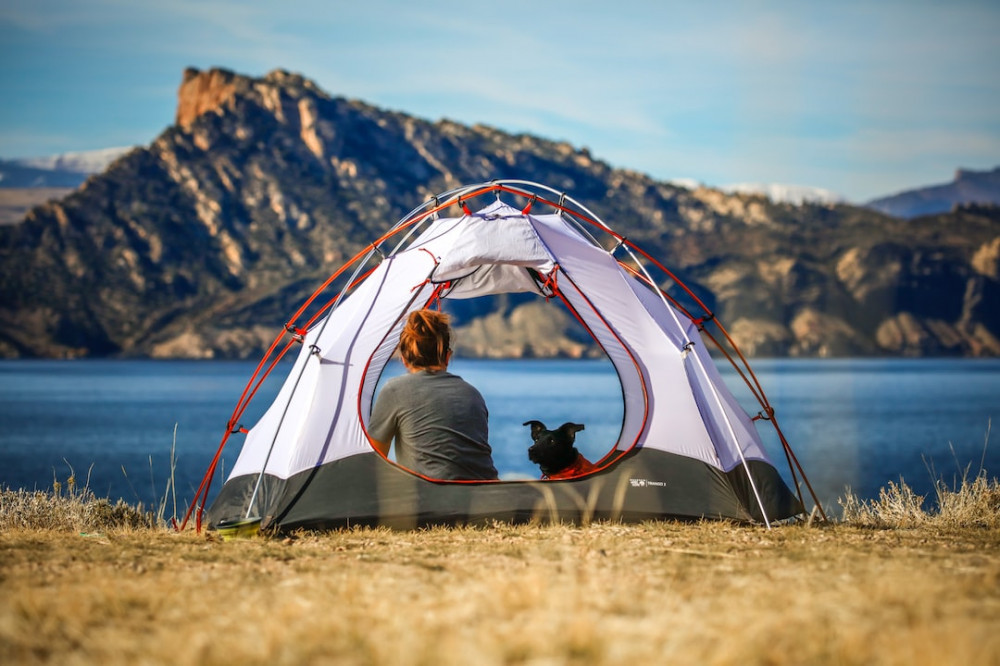
Camping with a Partner
Picking out the right tent size when camping with a partner is essential for a comfortable and enjoyable experience.
Here are some factors to consider helping you select the appropriate tent size:
Tent Capacity
Tents are typically labelled with a specific capacity, such as “2-person” or “3-person.” Keep in mind that these labels often assume minimal gear storage space. If you and your partner plan to bring a lot of gear inside the tent, consider sizing up.
Intimacy and Comfort
Think about how close you want to be to your camping partner. A 2-person tent will be cosier, which can be a pro or a con depending on your preferences. If you want more personal space, consider a larger tent. Typically, a 3-person tent would be adequate for two people, with enough room for both of you and your gear.
Season and Weather
If you’re camping in warm weather, a smaller tent might be acceptable because you won’t need as much space for extra clothing or gear. In contrast, during colder seasons, you’ll need more room for storing winter gear, so a larger tent is advisable.
Height and Space
Consider the height of the tent. Some tents have a dome shape that limits headroom near the edges. If you or your partner are tall, a larger tent with better headroom might be more comfortable.
Gear Storage
Remember that you’ll need space inside the tent for your gear. If you have backpacks, boots, or other equipment, make sure there’s room for them alongside you and your partner.
Livability
Look for tents with vestibules or awnings. These can provide additional space for storing gear and cooking if the weather is bad. They also allow you to keep muddy or wet gear outside the sleeping area.
Weight and Portability
Larger tents tend to be heavier and bulkier. Consider how you’ll transport the tent to your camping location. If you’re backpacking, a lightweight, compact tent may be more practical.
Budget
Larger tents often come with a higher price tag. Balance your budget with the features and sizes you need. Don’t forget to factor in the cost of any necessary accessories like a tent footprint and a tarp.
Future Needs
Think about your long-term camping plans. If you foresee camping with more people in the future (friends or family), it might be wise to invest in a slightly larger tent like a bell tent.
Reviews and Recommendations
Check reviews from other campers who have used the same tent model. They can provide valuable insights into the actual interior space and livability of the tent. If you have a tent in mind then pop onto YouTube and watch videos to get a good idea of the interior space, how to set it up and what you will be getting.
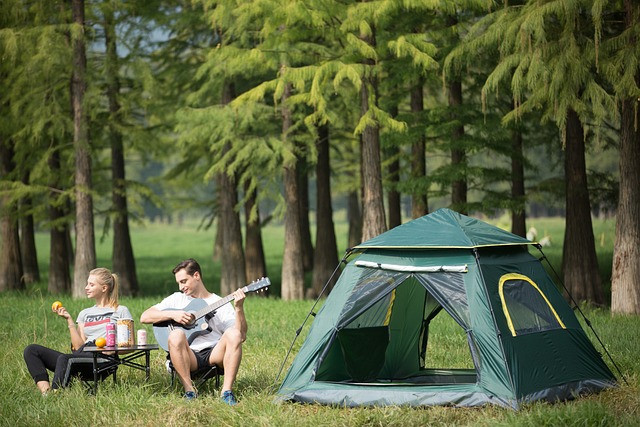
Family Camping
Choosing the right size of tent for family camping is crucial for a great experience. The size of the tent you need depends on several factors, including the number of people in your family, the amount of gear you plan to bring, and your personal preferences.
Here are some steps to help you select the right tent size:
Consider The Quantity of People in Attendance
Start by counting the number of family members who will be sleeping in the tent. Keep in mind that it’s usually more comfortable to have a little extra space.
Gear and Storage
Think about the gear you’ll be bringing, such as camping chairs, coolers, and backpacks. If you have a lot of gear, you’ll need more space. Some tents have vestibules or gear lofts that provide additional storage space outside the sleeping area.
Check the Tent’s Capacity
Tents are typically labelled with a capacity rating. However, these ratings can be a bit optimistic, so it’s often a good idea to choose a tent one size larger than your group. For example, if you have a family of four, consider a 6-person tent for added comfort and so on.
Tent Floor Dimensions
Pay attention to the tent’s floor dimensions, especially the length and width. Check if it can comfortably accommodate your family members and their sleeping bags or air mattresses. Some tents have room dividers, which can provide added privacy if needed.
Consider Peak Height
The tent’s peak height is important for comfort. A taller tent allows you to stand up and move around more easily. This can be especially useful if you have young children who may need to change clothes or play indoors during bad weather.
Plan for Privacy
If you have teenagers or older children, you might want a tent with multiple rooms or dividers to provide some privacy within the tent.
Think About Your Budget
Larger tents with more features tend to be a bit heavier on the pocket. Determine your budget and look for tents that offer the right balance of size and features within your price range.
Consider Reviews and Brands
Research tents from reputable brands and read reviews from other campers to get a sense of how well they perform in real-world camping situations. As above, check out YouTube to see how the tent is set up and see what the living accommodation is like, always do your research.
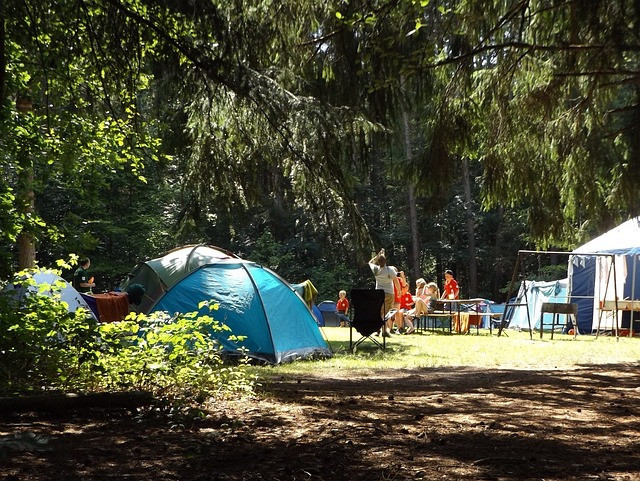
Summer Camping
For summer camping in mild conditions, you may prioritize ventilation and a lightweight design. A smaller tent can suffice, as you’ll likely spend most of your time outside.
Winter Camping
Winter camping demands a larger tent to accommodate bulkier cold-weather gear and provide extra insulation. A four-season tent designed for winter conditions is a must for those chilly adventures.
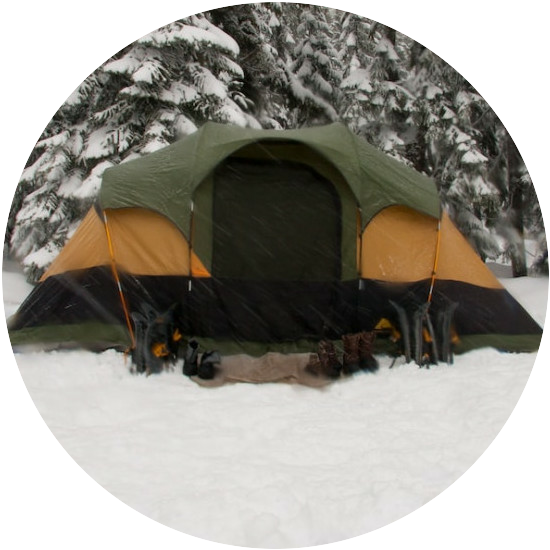
Conclusion
Choosing the right tent size for your camping trip is a decision that should not be taken lightly. It directly affects your comfort, convenience, and overall enjoyment of the outdoors. By understanding your camping needs, evaluating tent dimensions, considering seasonal factors, and accounting for additional space requirements, you can make the right choice that enhances your camping experience.
Whether you’re embarking on a solo adventure, camping with a partner, or enjoying a family outing, the perfect tent size awaits. Remember that your tent is your home away from home, and selecting the right size is a crucial step in creating lasting memories in the great outdoors.
